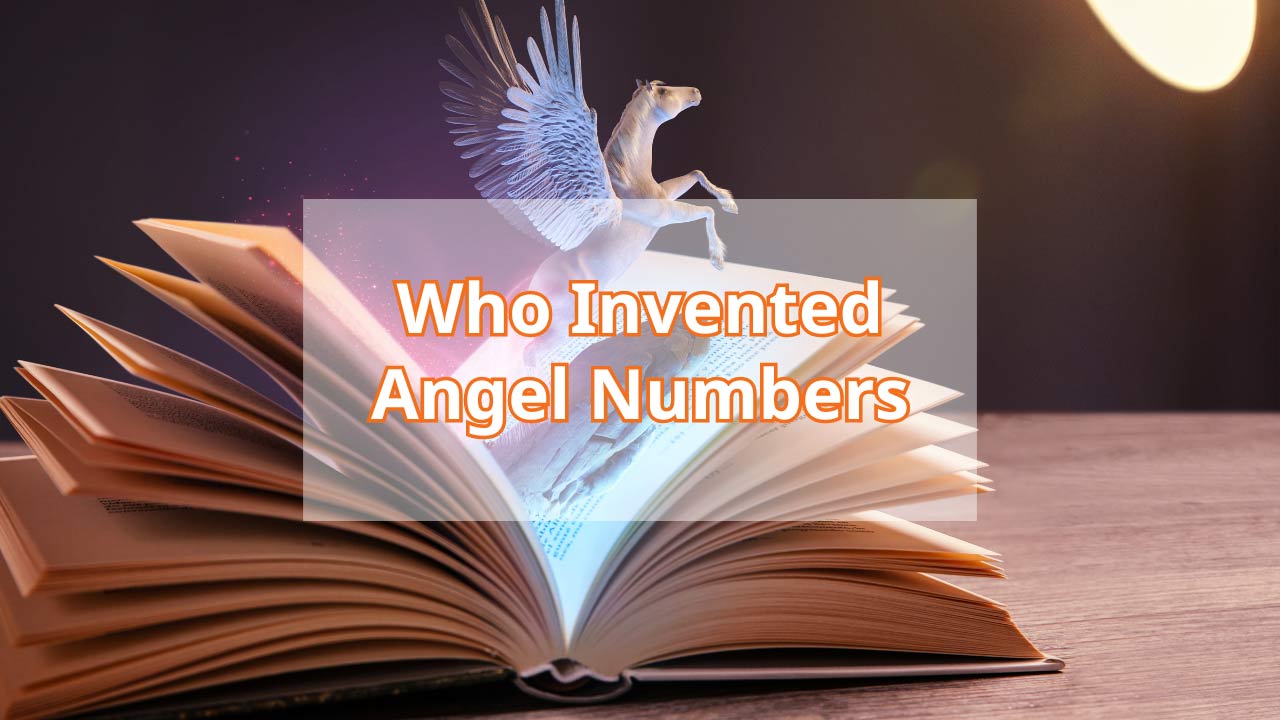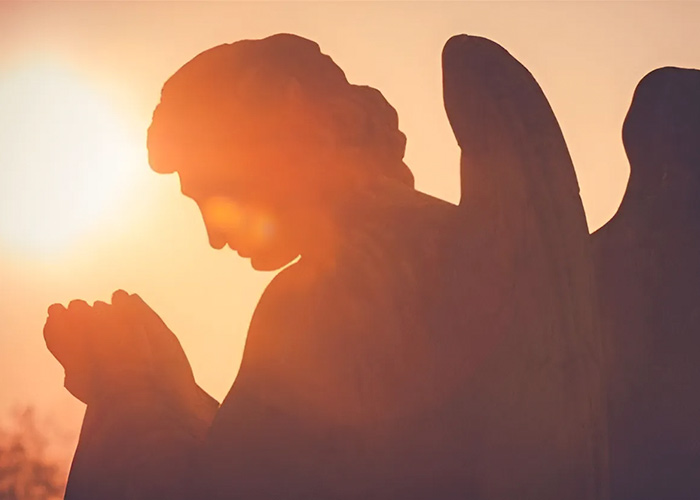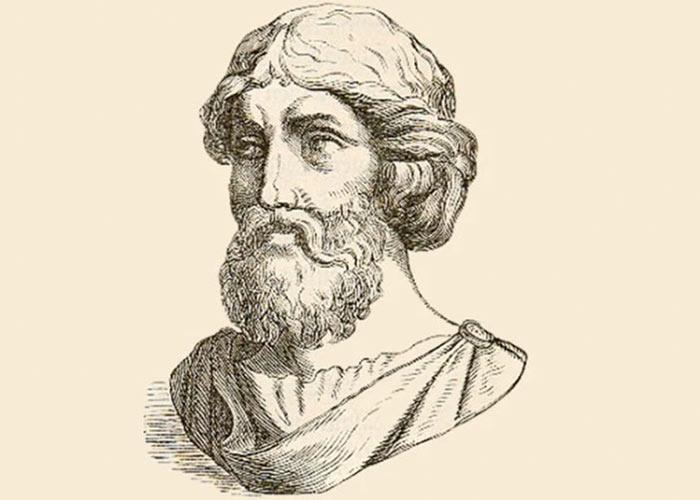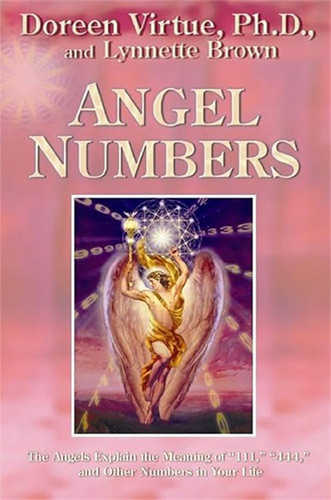Who invented angel number? The origin of the angel number is numerology, invented by Pythagoras and then first mentioned by Doreen Virtue in her New Age book.
Ron Douglas Davis
In the mystery world of spiritual beliefs, angel numbers have captivated the imagination of many, offering glimpses into the divine and unseen. These numbers are believed to carry hidden messages from the angels, guiding us through life's journey. However, have you ever wondered “Who invented angel number?”.
In fact, the angel numbers are commonly linked to the New Age movement, but their origins predate this era. While the exact origin of angel numbers is unclear, they are closely tied to numerology, which traces back to Pythagoras in the sixth century B.C. Some believe that the spiritual significance of numbers in the Christian Bible may have influenced the meanings of angel numbers.
An angel number is a sequence of numbers that bring messages from guardian angels. These angel numbers can appear anytime, anywhere, in the form of 111, 444, 777, 999, and so on. The concept of angel numbers is rooted in numerology, and people believe that numbers hold symbolic meanings in many aspects of life.

The origin of angel numbers is not definitively traced to a single source, as the concept has evolved over time through various spiritual and metaphysical traditions. However, the belief in the significance of numbers has ancient roots, with numerology practices dating back thousands of years in cultures such as ancient Egypt, Greece, and China.
In modern times, the concept of angel numbers has become popularized through New Age spirituality and the teachings of authors like Doreen Virtue and others who have written about angelic communication. According to this belief, angels use numbers as a way to send messages and guidance to individuals, with each number having its own unique meaning and significance.
For example, seeing the number 111 repeatedly might be interpreted as a sign of new beginnings or spiritual awakening, while the number 444 could be seen as a message of reassurance and support from the angels.
While the concept of angel numbers is not based on empirical evidence, many people find comfort and guidance in interpreting these numbers as signs from the divine. Whether one believes in the literal existence of angels or not, the idea of angel numbers serves as a reminder to pay attention to the signs and synchronicities in our lives and to remain open to the possibility of guidance from the unseen realms.
Many people report seeing angel numbers during moments of reflection, decision-making, or spiritual awakening. These numbers often appear in unexpected places, such as on clocks, license plates, or phone numbers, prompting individuals to pay attention and seek guidance from the divine.
The concept of angel numbers is rooted in ancient numerology and mystical traditions. Numerology, the study of numbers' symbolic meanings and their influence on human life dates back to ancient civilizations such as Egypt, Babylon, and Greece. In these cultures, numbers were believed to hold significant spiritual and mystical powers, influencing everything from personal destinies to the course of history.

In numerology, each number is believed to carry its own unique vibration and symbolism. Angel numbers, then, are seen as messages from divine or angelic beings, communicating with us through these symbolic numbers.
For example, the number 1 is often related to new beginnings and leadership, while the number 2 represents balance and harmony. When these numbers appear in sequences, such as 11:11 or 222, they are believed to convey specific messages or guidance from the angels.
Numerology appeared a long time ago; however, the term “angel number” is quite new. It became popular at the beginning of the New Age movement. Doreen Virtue, a psychologist and therapist, is the first person to mention the term “angel number".
She was the author of New Age books at the end of the 20th century. She believed that in her past life, she was the Pythagoras’ student. In her writings, she drew connections between numerology and angelic guidance, suggesting that specific number sequences could convey messages from angels or spiritual guides.

Virtue's work helped to popularize the idea of angel numbers, introducing the concept to a broader audience interested in spirituality, personal growth, and metaphysics. While the origins of numerology can be traced back to ancient civilizations such as the Babylonians and Egyptians, the specific term "angel number" and its association with divine guidance are more modern phenomena, reflecting contemporary beliefs and spiritual practices.
In modern society, the concept of angel numbers has gained significant popularity, largely due to the efforts of spiritual teachers, authors, and New Age practitioners. These individuals have helped to bring the idea of angel numbers into mainstream consciousness, making it more accessible and understandable for people seeking spiritual guidance and meaning in their lives.
Books, websites, and online communities dedicated to angel numbers have proliferated, providing a huge resource of ìnormation for those interested in exploring this phenomenon. These resources often offer interpretations and meanings for different number sequences, helping individuals decipher the messages they believe they are receiving from the divine or spiritual realm.
The prevalence of digital technology and social media has also played a role in the dissemination of information about angel numbers. Platforms such as Instagram, Facebook, and Twitter are filled with accounts and pages dedicated to sharing angel number messages and interpretations, allowing users to connect with like-minded individuals and explore their spiritual beliefs in a supportive online community.
In addition to online resources, the concept of angel numbers has also found its way into popular culture. Many people now incorporate angel number interpretations into their daily lives, using them as a form of guidance and inspiration. Whether seen as a spiritual practice, a form of divination, or simply a way to find meaning in the chaos of modern life, angel numbers continue to resonate with people seeking a deeper connection to the divine.
In conclusion, the origins of angel numbers are deeply rooted in ancient beliefs about the mystical and symbolic powers of numbers. Whether you believe in the divine origins of these numbers or see them as mere coincidences, their presence in our lives invites us to contemplate the mysteries of the universe and seek guidance from the unseen forces that surround us. With all the above information, we hope that you now have the necessary knowledge to confidently answer the question, “Who invented angel numbers?".